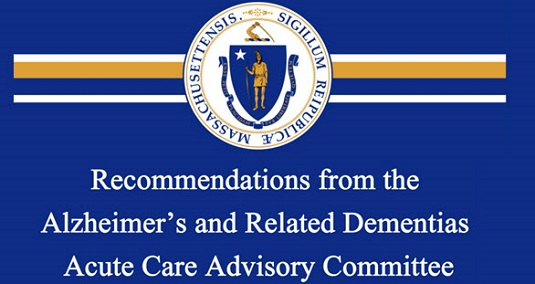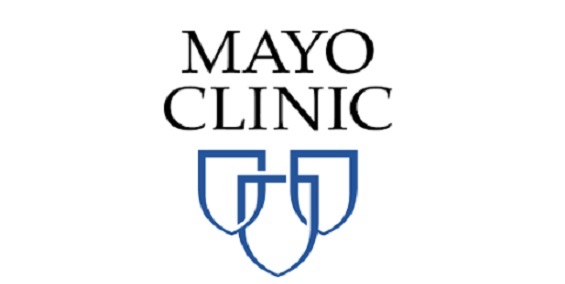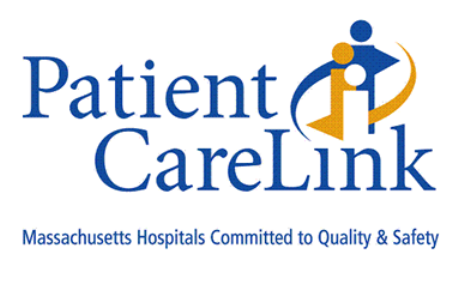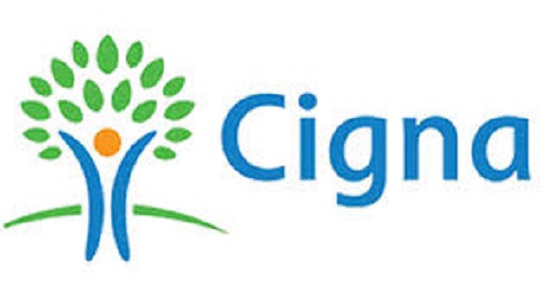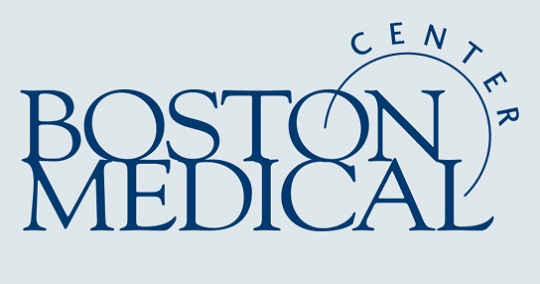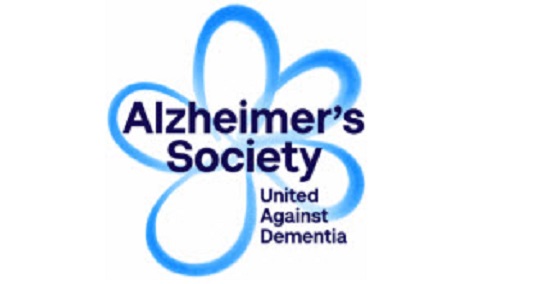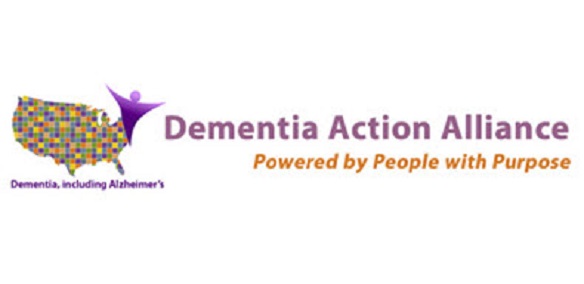The Greater Good Science Center (GGSC) at the University of California, Berkeley, studies the psychology, sociology, and neuroscience of wellbeing, and teaches skills that foster a thriving, resilient, and compassionate society.
Category: Uncategorized
New Report Helps Hospitals Improve Care for Dementia Patients
The Commonwealth’s Alzheimer’s and Related Dementias Acute Care Advisory Committee (ARDAC) explored challenges and opportunities to provide optimal care for those with dementia who are in acute care settings. The committee presented options for hospitals to improve both the care and experience for patients and caregivers.
Our goals are to:
- Identify and communicate the challenges and opportunities for providing the best possible care to persons with dementia in acute care settings
- Provide options for hospitals to improve both:
- The quality of care for the patient
- The caregiver/provider experience
- Offer strategies to improve the cost effectiveness of care
The Department of Public Health (DPH), in collaboration with the Executive Office of Elder Affairs, is pleased to share the Committee’s final report: Recommendations from the Alzheimer’s and Related Dementias Acute Care Advisory Committee.
Occupational Safety & Health Administration (OSHA)
The Occupational Safety and Health Administration (OSHA) has a series of guidelines and “roadmap” documents – many especially relevant to healthcare – to assist workplaces address the issue of violence.
- Guidelines for Preventing Workplace Violence for Healthcare and Social Service Workers
- Preventing Workplace Violence: A Road Map for Healthcare Facilities
- Workplace Violence Prevention and Related Goals: The Big Picture
- Workplace Violence in Healthcare: Understanding the Challenge
- OSHA's Hospital e-Tools
The Mayo Clinic Conducted a Study on Overall Healthcare Worker Well-being
The Mayo Clinic conducted a study that demonstrates that a 12-week in-person stress management and resilience intervention led to a statistically important and clinically meaningful improvement in happiness, satisfaction with life, and gratitude in healthcare workers.
The PatientCareLink‘s Healthcare Safety Page
The PatientCareLink’s Healthcare Safety page lists resources, current laws and regulations, as well as best practices for hospitals to use to craft their own healthcare safety programs.
Cigna – Creating a Workplace Wellness Committee: A Toolkit for Employers
This toolkit has helpful tips, tools and resources you can use to recruit, organize and manage an effective in-house wellness committee that drives results.
The Alzheimer’s Foundation of America’s (AFA)
The Alzheimer’s Foundation of America’s (AFA) mission is to provide optimal care and services to individuals living with Alzheimer’s disease and related illnesses and to their families and caregivers.
AFA was founded in 2002 by Bert E. Brodsky, whose mother lived with Alzheimer’s disease from 1980-1992. At that time, there was little information available and nowhere to turn for support. Mr. Brodsky’s goal was to make sure that no other family living with Alzheimer’s disease would have to go the journey alone.
Fifteen years later, AFA has grown to a network of more than 2,600 member organizations nationwide that provide direct care and services. To date, AFA has trained more than 13,000 healthcare professionals in dementia-specific care, provided free, confidential memory screenings to over 3.5 million people, and provides support, counseling and education to thousands.
Boston Medical Center Links Patients to Outpatient Addiction Treatment Services
Caregivers at Boston Medical Center (BMC) have released a study outlining how the hospital’s Addiction Consult Service (ACS) may be making a significant dent in the problem of inpatients with substance use disorder (SUD) relapsing into addiction – and being readmitted – shortly after discharge.
Numerous studies have shown that many inpatients (15% by one Massachusetts study) have an active SUD, and that they’re likely to be readmitted within 30 days of discharge. But treating a patient for substance use disorder in addition to whatever other forms of treatment the hospital is providing often does not occur.
“Barriers to inpatient initiation of medications for [opioid use disorder] include the limited availability of outpatient providers and programs, lack of insurance coverage, and federal privacy regulations that make coordinating and integrating medical and addiction care difficult,” BMC researchers wrote in the Journal of Substance Use Treatment.
To address the problem, BMC created its Addiction Consult Service in July 2015. The physician-RN ACS team meets with the patient, provides brief bedside counseling, initiates addiction-treatment medications, and formulates discharge planning.
“Discharge work for the ACS included collaborating with the primary hospital medical team, social work, and hospital case management, as well as coordination with and linkage to post-discharge addiction providers,” according to the study. “The ACS regularly collaborated with social work within the hospital and held weekly joint rounds with the Psychiatry Consult and Liaison service.”
Two BMC outpatient clinics and three local methadone clinics were the main post-discharge linkages.
BMC reports that over the first 26 weeks, the ASC received 367 referrals resulting in 337 consults. (Some patients left against medical advice, refused to be seen, etc.)
“Like heart disease can cause a heart attack or a stroke, addiction causes many acute injuries requiring immediate attention, but we can’t simply treat that issue without delving deeper to address the root cause,” said Alex Walley, MD, MSc, a general internist at BMC’s Grayken Center for Addiction who also oversees the addiction medicine fellowship. “Our goal is to engage willing patients in treatment and work with them on a plan that will keep them healthy and safe now and in the future.”
MHA’s V.P. of Clinical Affairs Pat Noga, RN, FAAN, who is involved in the association’s work on opioids, said BMC’s ACS work is well-known within the caregiving community and provides a template for work by other hospitals or state efforts going forward.
Click on the link to read the full study: Addiction consultation services – Linking hospitalized patients to outpatient addiction treatment.
And click here to read about the efforts of MHA’s Substance Use Disorder Prevention and Treatment Task Force that has developed guidelines for hospital to use in addressing the opioid crisis.
Alzheimer’s Society United Against Dementia
Dementia Friendly Communities is a program which facilitates the creation of dementia-friendly communities across the UK. Everyone, from governments and health boards to the local corner shop and hairdresser, share part of the responsibility for ensuring that people with dementia feel understood, valued and able to contribute to their community.
Dementia Action Alliance (DAA)
The DAA is Where people come together to exchange ideas, form friendhsips and professional connections, and change lives to create a getter workd in which to live with dementia.


